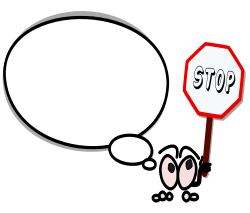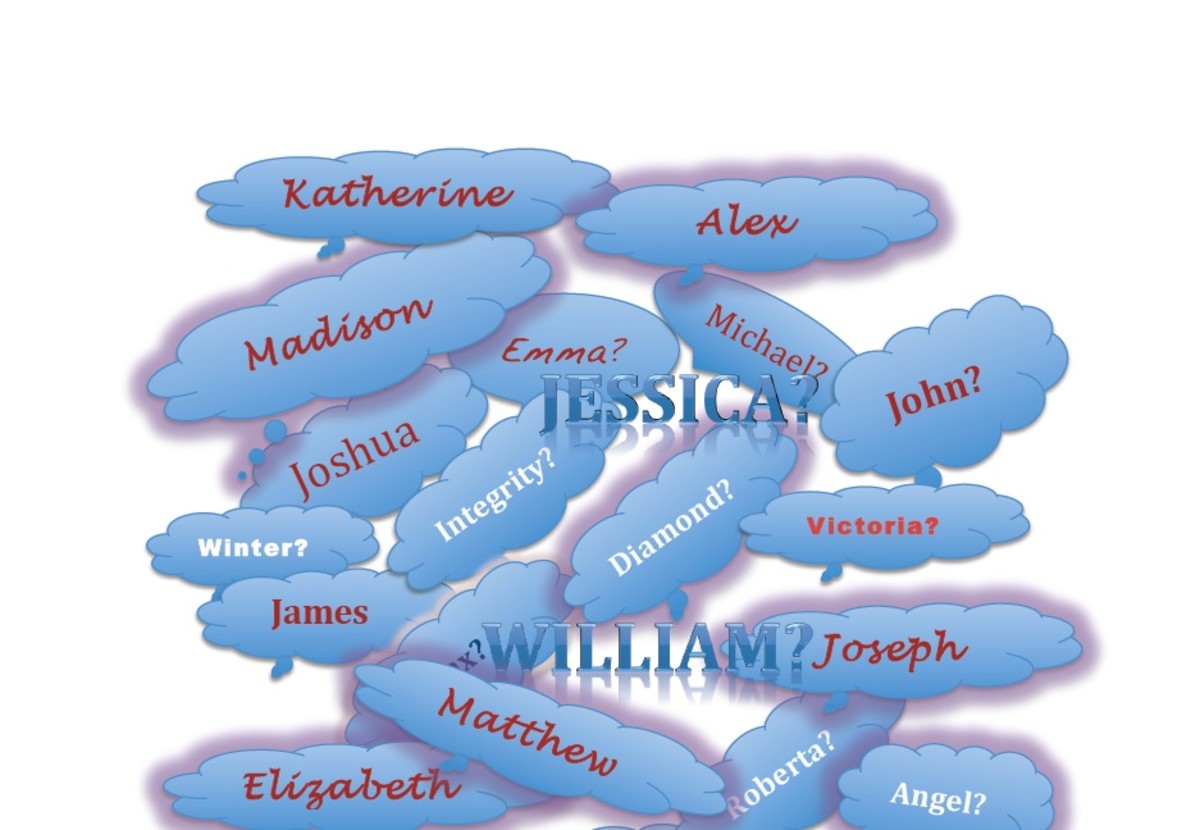Addiction: A bad habit, or something more?

The book Breaking Addiction: A 7-Step Handbook for Ending Any Addiction
Following is a description and analysis of some ideas contained in the book Breaking Addiction. I believe that the book contains analysis applicable not only to addictive behavior, but to any behavior forged by habit that has proven detrimental to the individual dealing with it.
Author: Lance Dodes, M.D. Dr. Dodes is the author of the groundbreaking The Heart of Addiction (HarperCollins 2002) and Assistant Clinical Professor of Psychology at Harvard Medical School, Division of Addictions. He is a distinguished fellow of the American Academy of Addiction Psychology, and has been director of the substance abuse treatment unit of Harvard's McLean Hospital and director of the Boston Center for Problem Gambling. Dr. Dodes has conducted a private therapy practice for approximately 30 years.
Publisher: HarperCollins 2012. Paperback. Cover price $14.95US. 211 pages exclusive of index; 221 pages total.
Author's stated purpose: Dr. Dodes proposes to provide a more "hands on, step-by-step blue print" than contained in his earlier work to make his "new way of understanding and managing addiction" more accessible. He addresses his book to a broad audience: those with addictions; those wondering if they have an addiction; the family/friends of addicts; those wanting information about addiction; and clinicians. Ambitious.
Description: Dr. Dodes divides the book into four parts: I. A New Way to Understand Addiction; II. The Steps; III. Living With Someone Who has an Addiction; and IV. For the Professional.
In Part I, Dr. Dodes describes "[a]ddiction as a behavior intended to reverse a profound, intolerable sense of helplessness." Thus, the addiction may be selected as a way to relieve the anxiety associated with the "overwhelming feelings of helplessness," although to the outside viewer other coping actions are available. Addicts can only manage and end the addictive behavior when they realize that it is this sense of helplessness that drives their addictive behavior, and not just the feelings of relief provided by the addictive behavior itself. The key is to identify where the sense of helplessness comes from, i.e., equally important but competing demands on a person's time and resources that force unsatisfactory and resulting internal conflict and anxiety. Thus, "[t]his helplessness is always rooted in something deeply important [and personal] to the individual." Significantly, the drug or non drug substitute "plays a minimal role" in addiction. [emphasis supplied]
In Part II, Dr. Dodes sets out the seven steps he applies to an analysis of addiction. The behavior is examined as follows: (1) is it an addiction at all, or more like a habit (bad, compulsive, or otherwise), or something else (i.e., bipolar disorder, or the like); (2) is it a physical as opposed to a psychological addiction (a physical addiction may actually be easier to end); (3) is it an excessive behavior but not an addiction (such as drinking to drunkeness as part of a recurrent group activity); (4) is there a lack of recognition of the the events in the causal chain that lead to implementation of the chosen addictive behavior; (5) identification and understanding of the "key moments" that for the individual trigger the feeling of helplessness that the addictive behavior relieves; (6) development of short term strategies to break the causal chain; and (7) development of long term strategies.
In Part III, the author discusses and debunks concepts such as "tough love" and "enabling" to the extent that they may be viewed as of general utility in addiction. Dr. Dodes addresses those dealing with addicts from the position that protecting and caring for the self should come first. Thus, applying concepts such as "tough love" or "enabling" may only make things worse for family members if, for example, the income stream is not protected in some way. Individual circumstances over time should be managed instead. Dr. Dodes also discusses the destruction of trust that accompanies addictive behavior, undue guilt, undue assumption of responsibility and the like, to show a person dealing with an addict where their true power in dealing with the addict lies.
In Part IV, Dr. Dodes briefly discusses "addiction focused treatment" ("ATF"). In particular, professionals may need to debunk other treatment models, such as the "brain disease model," and consider on a case-by-case basis whether addiction therapy could or should be conducted along with overall therapy.
Discussion: This author covers a lot of ground in 211 pages. His analysis is not blame-centered in any respect. The point is that although one may be able to tease out a 7-step analysis of the source and treatment course of addictive behavior, what to do about it is an intensely personal journey, for the addict and the others concerned. Dr. Dodes applies his principles to several specific case examples to show how the steps may be implemented, although he is careful to point out that the framework may be easier to understand than for the addict to work through in his or her own life. His writing style is clear, focused and accessible. I would recommend it to anyone dealing with addiction in any context, as well as to those searching for more clarity in the workings of the human mind.
The Book Report Rating: Readability: Professional/conversational. Purpose: Achieved. Recommend: Yes.
Rate this Book Report
Also of interest:
- The Power of Habit: The Book Report
Change is difficult for human beings. There are any number of suggestions about how to change, making good habits, eliminating bad ones, and the like. There is, however, a general framework available to assess what to change and how.



